Atithi Devo Bhava, an ancient line taken from the Hindu scriptures and was originally coined to depict a visiting person whose date of arrival and departure is not fixed.
‘अतिथि देवो भवः Atithi’ originally meaning “without a fixed calendrical time”,’Devo’ meaning “God” and “Bhav” meaning Be or Is, hence signifies The Guest Is God.
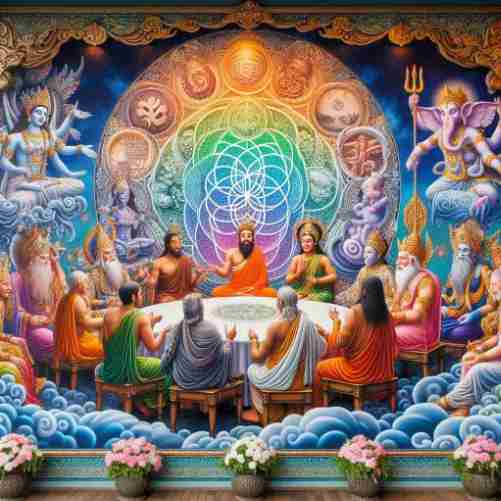
Atithi Devo Bhava (अतिथि देवो भवः)
अतिथि देवो भवः Atithi Devo Bhava, it is not just a catchy line to promote tourism but is a beautiful example of a text asking us to respect our guests as God.The host-guest relationship in India is truly one of the most revered relationships. The unique practice of giving utmost importance and preferential treatment to the guests clearly explains the fact that why our country’s history has several notable examples of ‘Atithi Satkar’ meaning to welcome the guest with warmth and respect.
An integral part of the Indian culture, it says that every guest should be treated like God. No distinction should be made based on the guests’s caste, colour or creed and he / she should be showered with all love, care and affection. This unique ‘code of conduct’ laid down in the ancient Hindi scriptures named ‘Taittiriya Upanishad’ upholds our culture’s values and heritage, and ensures no guest of ours feels shortchanged. Despite high degree of cultural and geographical diversity in the country, the sentiments towards the guests stays the same throughout.
अतिथि देवो भवः
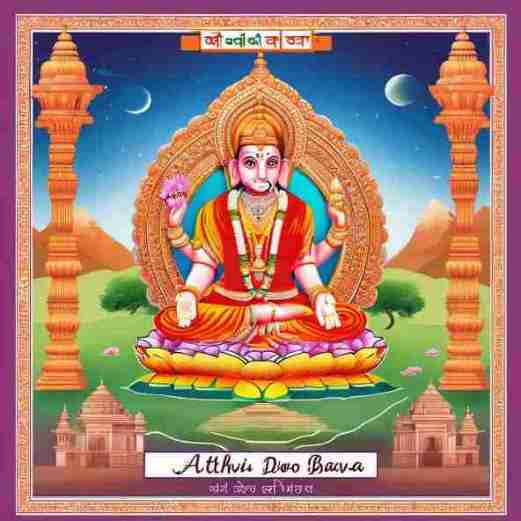
Atithi Devo Bhava, has lost its true essence and spirit over the sands of time. To day trade globalization that has helped modernize India, but in the process has also begun to erode its culture. To day where everything travels the fast lane, how much time do we devote towards our rich, age old culture? Today the simplest question that arises is, how many of us are truly aware of the term’Atithi Devo Bhava’ and its origin ? Do we truly lead our lives in this spirit? Atithi Devo Bhava, is an important part of the Indian culture which may soon be lost with time and a country with a lost culture is simply without an identity.
Are we really prepared to leave our successors with a destroyed culture, even after knowing it could be preserved.
Atithi Devo Bhava” (अतिथि देवो भवः) is a Sanskrit phrase from Hindu scriptures that translates to “The guest is equivalent to God.” It is a core principle of Indian culture, emphasizing hospitality, respect, and kindness toward guests.
Meaning & Significance:
- Derived from the Taittiriya Upanishad (1.11.2), it highlights the importance of treating guests with the highest honor.
- Reflects the Indian tradition of selfless hospitality (Swagat)—welcoming strangers with warmth, food, and care.
- Encourages humility and generosity, reminding hosts to serve guests before themselves.
Modern Relevance:
- India’s Ministry of Tourism adopted this slogan to promote responsible and respectful tourism.
- Teaches values like compassion, tolerance, and unity in a diverse society.
- Reminds people to honor guests, whether friends, relatives, or foreigners, with sincerity.
Example in Practice:
- In Indian homes, guests are often offered food, water, and comfort as a sacred duty.
- Festivals like Diwali and Navratri involve inviting and honoring guests.
Would you like insights on how this philosophy applies in tourism or daily life? 😊
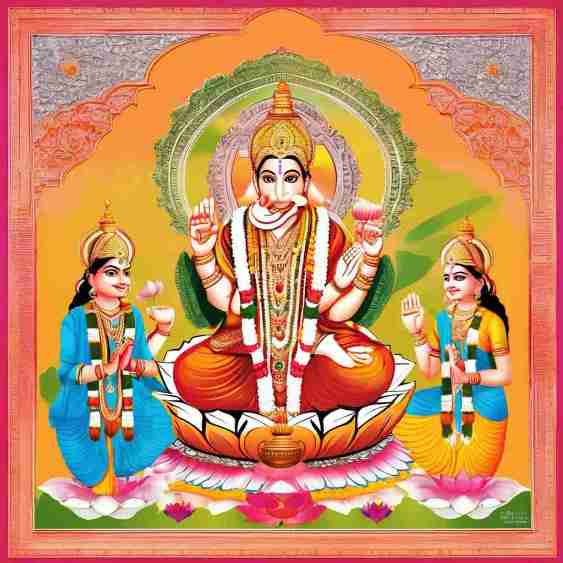
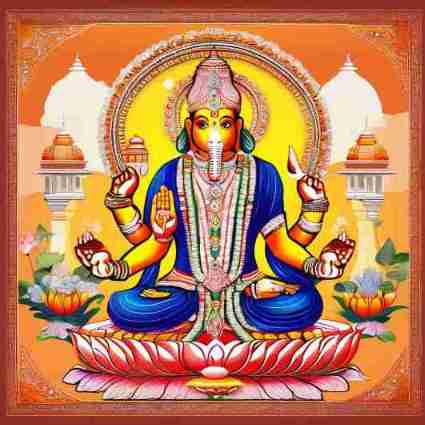

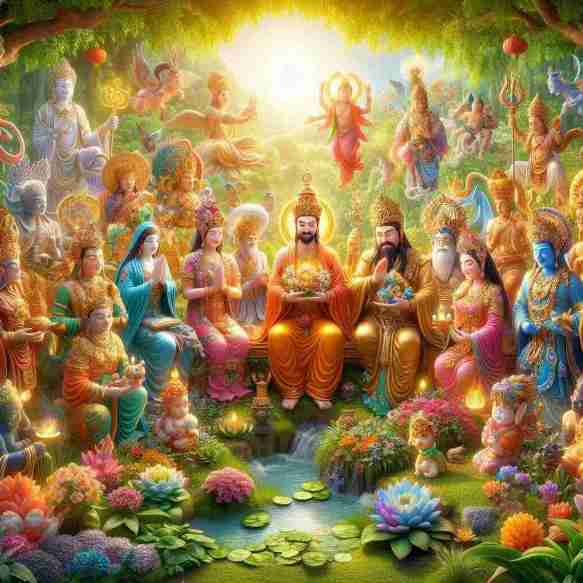
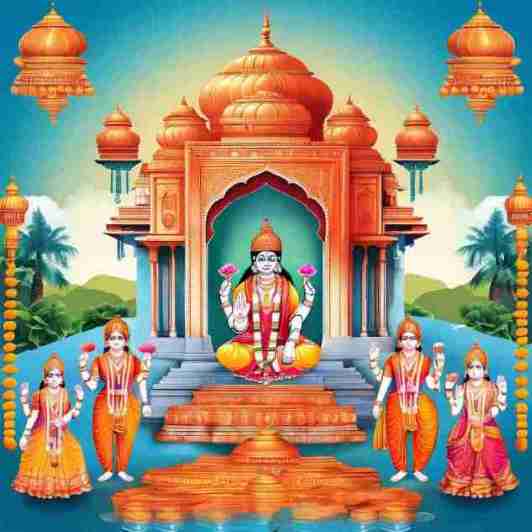



What are the different types of Devo Bhava?
It states, “Matru Devo Bhava, Pitr Devo Bhava, Acharya Devo Bhava, Atithi Devo Bhava.” It means that we have to be someone who considers his or her mother as God. We have to be someone who views his or her father as God. We have to be someone who identifies our teacher as God.





Leave a Reply